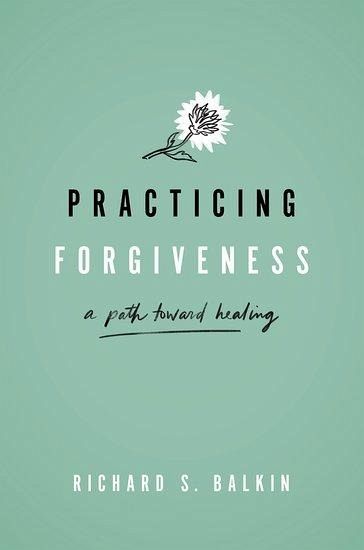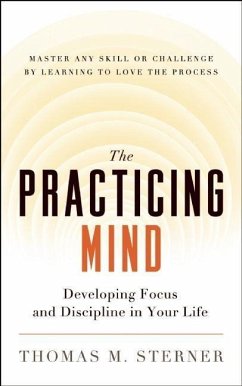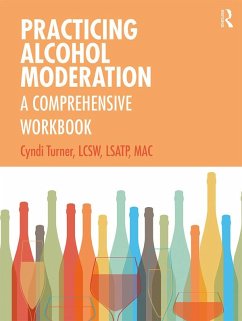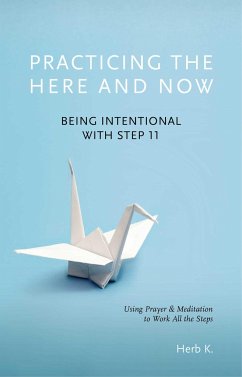
Practicing Forgiveness
A Path Toward Healing
Versandkostenfrei!
Versandfertig in über 4 Wochen
26,99 €
inkl. MwSt.
Weitere Ausgaben:

PAYBACK Punkte
13 °P sammeln!
In Practicing Forgiveness, the author reviews the contextual and cultural aspects of forgiveness with stories, humor, clinical examples, research, and empirical findings while examining the influence of environment and religion. The content is presented in such a way so as to serve as a resource to both professional mental health providers (who can benefit from the theoretical and empirical underpinnings of working with clients through the forgiveness process) and lay readers (who can benefit from the processing and self-help components of the book).













